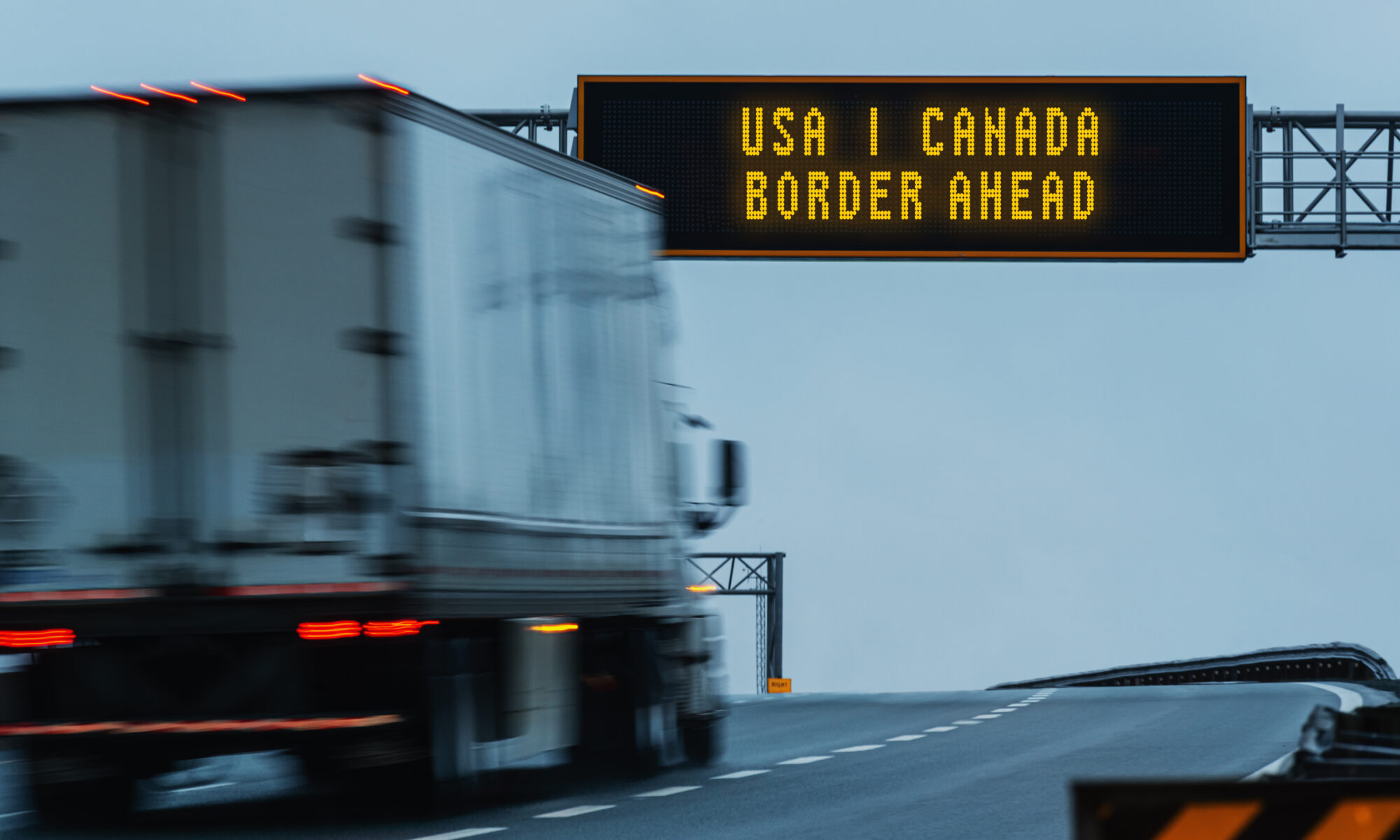
How Canada should react to Trump’s threats
When Donald Trump decided to tear up NAFTA in 2016, the Team Canada approach that led to CUSMA was widely seen a big win — North American free trade was pulled from the fire. This time around —with Trump threatening tariffs and even annexation, and a Liberal government in turmoil — the odds may not be in Canada’s favour.
We talked to PPF’s network of Fellows and friends for their thoughts on what Canada has done right in the past and what needs to happen going forward.
Speaking on PPF’s podcast WONK, former Conservative Party leader Erin O’Toole, said Canadians need to stop negotiating in public by responding to threats. “My advice to all politicians, including ones I have great respect for, including Doug Ford: Let’s stop talking in public about what we’re going to do vis-a-vis the United States. Let’s not have any more silly mentions of the War of 1812. Let’s not talk about holding back energy. Let’s not talk about fighting. Let’s deal with the issues that we actually have to deal with the border energy, the Arctic, our defence spending.”
O’Toole argued that Canada needs to be much more strategic. “We should have discussions of an energy partnership. We should integrate on the border, we should integrate on travel.”
Canada should “push for a strategic agreement and show the reliance on the U.S. for Arctic defence, energy. I don’t retaliate. Now that takes discipline that right now we don’t have in our public discourse. The easy emotional response is to say, yeah, we’re going to cut off electricity. That’s not going to work with Trump. We have to be able to show him that we’ve heard his demand. It’s not caving because all of these things are in our interest anyway,” said O’Toole, who is now President and Managing Director of ADIT North America.
Also on WONK, Canada’s former chief trade negotiator Steve Verheul, warned that Canada should not be offering concessions and expecting good will:
“The notion of making concessions to the U.S., including by not retaliating, in my experience with this administration, you don’t get anything for providing concessions for free. They will just take them and move on and look for more. They just don’t think that way. If you do something good for them, they just expect it and it gains you nothing. So I think we need to be cautious about thinking we can make friends with the team in the U.S. right now. This is not the kind of relationship we’re likely to have or certainly did not have the last time,” said Verheul, now principal at GT & Co. Executive Advisors.
Toughness may be a better approach, he added: “Trying to get close to this administration is not a strategy that really works. I think Canada needs to be strong. I think we need to defend our interests strongly. We’ll get more respect from the U.S. administration than offering up concessions without really having to pay much for them.”
Janice Stein, the founding director of the Munk School of Global Affairs & Public Policy, shared the concern about talking publicly about Donald Trump. “This is a president elect, as we all know, who has a very long memory for insults, remembers them, but doesn’t put them aside and seeks opportunity for retribution.”
Peter Loewen, the dean of the College of Arts and Sciences at Cornell University, raised two points that Canada should be aware of in dealing with Trump. The first it that he is “hell bent for leather and he’s not going to slow down” when it comes to tariffs. “We’re going to have to actually get the politics of that right very, very quickly and know what they are.”
But Canada must also be prepared to deal with Trump’s border demands, Loewen said on WONK in November. “He’s very serious about wanting to do something about deportations. He’s going to very quickly realize that it’s very hard to do it, but he’s already noticed and will notice further that we have a complicated relationship on our border right now with the U.S. We’re not aligned on visas. We haven’t sorted everything out with Safe Third Country status. We made the mistake of closing the border during COVID. So we made the unimaginable imaginable: that this undefended border could be something that could be closed. And if you can close it over a virus, you can close it over over international migration issues, or you can certainly bang it up.”
In PPF’s recent Matter More report, authors Edward Greenspon, Janice Stein and Drew Fagan argue for a strategic response that leverages Canada’s strengths. “Another Trump presidency also promises a proclivity for pique and chaos. Still, what’s a country to do when its influence is limited but make the most of it?” they write. “The world is decoupling as the United States competes for predominance with a rising China and a disruptive Russia. We know by instinct and analysis which camp we’re in, even as the U.S. orbit becomes increasingly unstable. We have what our allies need. What were once mostly economic decisions now are geopolitical decisions as well, and a good ally needs to act accordingly. Canada has cards to play; we can Matter More with smart strategies and effective implementation.”


